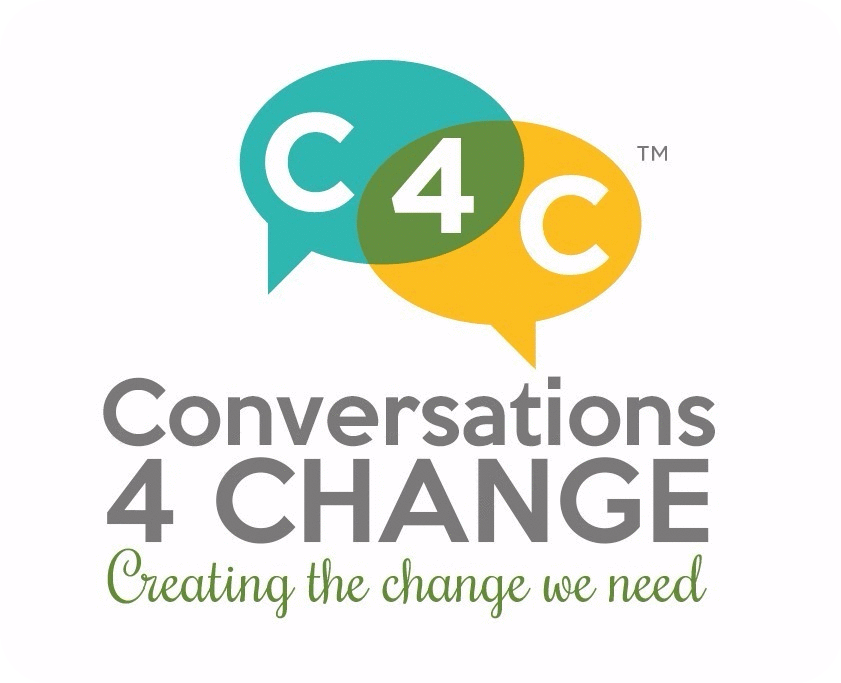Source: onvia.com
As we keep saying, the world has made giant advances in technology in the last fifty years, and this has translated into every sector. Perhaps the most significant and impactful of these advances have been in healthcare. Astronomical progress in medicine has ensured that health has greatly improved globally, and that life expectancy is higher. Groundbreaking medical discoveries such as penicillin and innovations in medical imaging have contributed immensely to curing illnesses.
Health education has expanded to include urging people to eat better, exercise, rest and be happier. Also, public health has evolved to include the well-being of people, as well as their medical status, in determining and improving health. As a result, there is organized and targeted response to epidemics and pressing health issues. The combination of all these things have made humans much healthier than ever before, in general, and of course, this means that we will live longer.
The result of all this progress is that human beings now have a much better quality of life than we did a century ago, and this quality keeps improving as technology, research and knowledge keeps covering new grounds. All things being equal, we will have an even more extended lifespan on the average than the previous cohorts.
Given the huge numbers and extended lifespan, we will end up using more resources in our lifetime than any other generation!
Source: hir.harvard.edu
More people for a longer period of time means more pressure on the environment. An increase in activities like construction, transportation, manufacturing and consumption of natural resources like water, soil, trees and minerals will all contribute to an accelerated depletion of the earth's reserves.
What are the potential implications? How should the world prepare for this?


